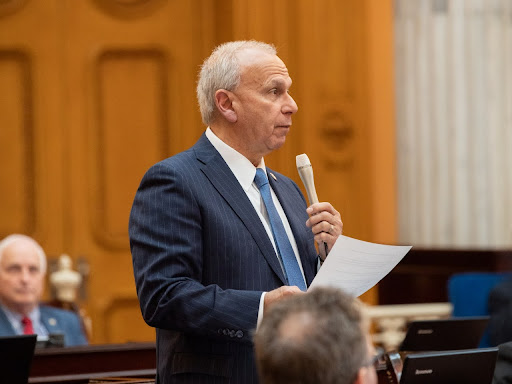
The 15-year-old Russian gold medalist figure skater Kamila Valieva is no longer under review for a positive drug test of Trimetazidine at the 2022 Beijing Winter Olympic Games.
The appeals took over a year to resolve because of the tricky ethical issues around her case. The greatest contributing factor: the skater at fault is a minor, and wouldn’t be able to get banned performance enhancers without an adult middle man .
The second issue is that the team which Valieva skates for, is caught in an international dispute with a NATO partner country. The international skating union could be best described as precautious; their hands full trying to navigate politics, sportsmanship, and minor protections.
On Valieva’s offense, authorities argue that participating in the Olympics came with its own set of responsibilities. Being entered into the games means getting equal treatment. This standard is to level the playing field so adults don’t have an unfair advantage, adolescents don’t get underscored with counts of inexperience and vice versa. In Article 11 of the European Convention on Human Rights, “Sports governing bodies may commence sports investigations against minor athletes who allegedly violated sports regulations.”
This rule is to uphold sports integrity and protect young athletes from exploitation. Arguments against Valieva centralize the idea that she should have known better.
Others argue that Valieva should be treated more like a victim than a perpetrator. In order to participate in a doping investigation, a player under the age of 18 would have to sign a membership contract, employment contract, or other entry forms. This is problematic because minors aren’t familiar with the legalities behind contractual agreements, and its role in participating in the Olympics. This is why the blame could easily roll over to Valieva’s coach or parents.
Now, after a year long deliberation and frustration from the U.S figure skating association, the Russian Anti-Doping Agency (RUSADA) has decided that Valieva is not at fault for her positive test of Trimetazidine at the 2022 Beijing Olympic Games, but will be given the “appropriate consequences (which may include of be limited to reprimanding).”

















